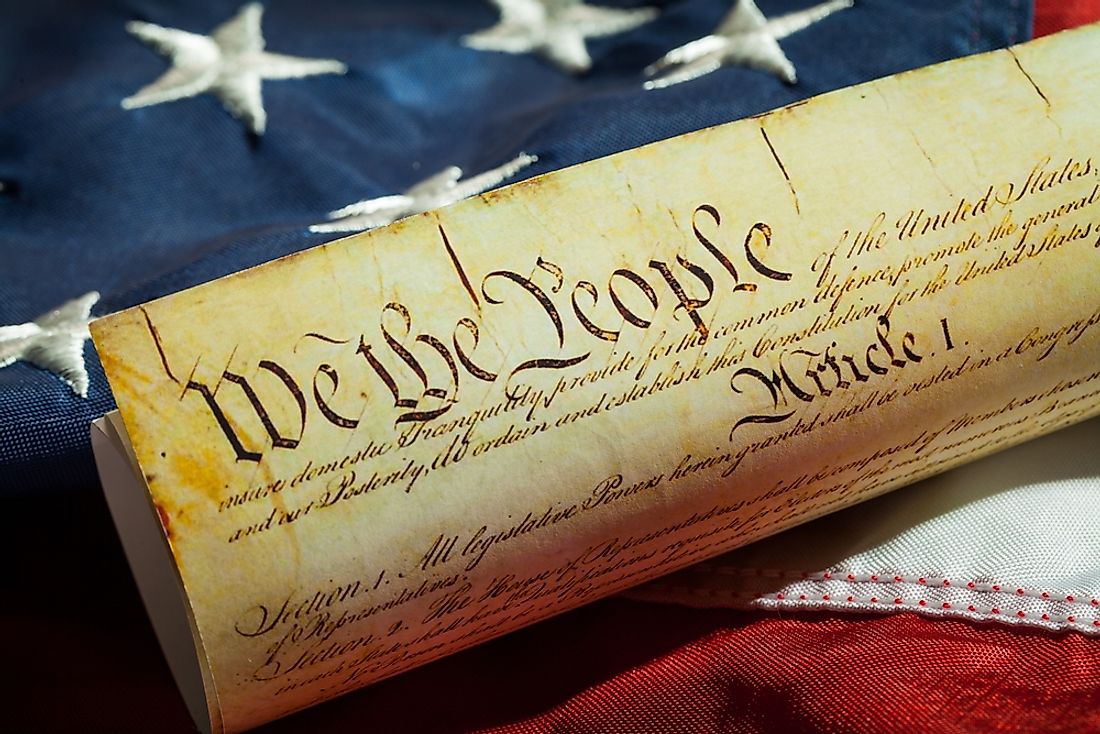How Many Amendments Have Been Added to the Constitution?

The US Constitution has two provisions for its amendments but only one has been used. The Congress has to pass a bill proposing amendments by a two-thirds vote. The state legislature can also convene a constitutional convention which will propose the amendments. The amendment to the constitution becomes effective only after ratification by three-quarters of the state. Although some amendments take short time to be ratified, some took decades to ratify. For instance, the 27th amendment was proposed in 1792 and was ratified in 1992. Some amendments such as the Equal Right Amendment proposed in 1972 came close to being ratified and fell shot only four states.
Summary Of The Amendments
Approximately 11,500 proposals to amend the US Constitution have been introduced to the Congress. However, the Congress has proposed a total of 33 amendments and sent to the states for ratification since the Constitution became operational on March 4, 1789. Only 27 of the amendments have been ratified by the required number of states (38 states). Six amendments that were adopted by the Congress were not ratified by the required number of states. Four of the six amendments are still technically pending. The other two are closed and have failed by their own term and the term of the resolution proposing them. Of the 27 ratified amendments, only 25 are functioning. The 18th amendment (Prohibition) was repealed by the 21st amendment (Repeal of Prohibition). Here is a look at some of the ratified amendments.
Bill Of Rights
The first ten amendments to the US constitution were adopted and simultaneously ratified and are collectively known as the Bill of Rights. The ten amendments were submitted to the states for ratification on September 25, 1789, and were ratified after two years, two months, and 20 days on December 15, 1791. The first amendment was on rights to religion and speech. The other amendments touched on the right to carry arms, housing of soldiers, search and seizure, right to due process, right to speedy and fair trial, right to trial by jury, protection against excessive fines and bail, right to non-enumeration, and rights reserved to states.
Other Ratified Amendments
The other 17 amendments touch on various articles of the constitution. The 11th amendment makes the state immune from suits against the state by any citizen out of the state or any foreigner not residing within the US border at the time. The 12th and 13th amendments are on the presidential election and abolishing of the slave trade.
Citizenship including privileges was addressed by the 14th amendment while the 15th, 19th, 24th, and 26th amendments prohibit denial to vote. Amendment 16 allows the Congress to levy an income tax without basing it on the census while the 17th Amendment established the election of Senators by popular votes. Unbelievably, the 18th amendment ratified on January 16, 1919, prohibited the manufacture or sale of alcohol within the US. It was repealed by the 21st amendment. The 20th and 22nd amendments defined when the president’s terms begin and ends and the term limit while 25th amendment addresses the succession of the president. The latest amendment (27th) took 202 years to be ratified and touches on congressional compensation.











